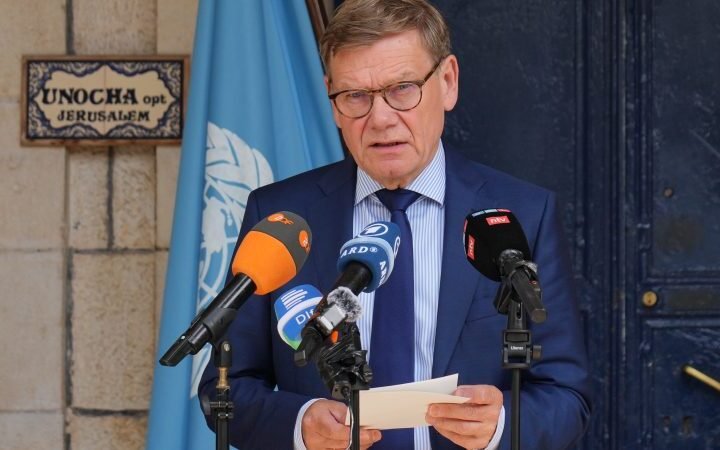Germany Extends Border Controls Amid Immigration Crackdown
Germany will extend temporary border controls past the September deadline as part of efforts to combat irregular immigration, Interior Minister Alexander Dobrindt announced on Thursday. The initiative includes plans to deport more rejected asylum seekers with criminal records to Taliban-governed Afghanistan and war-torn Syria, Dobrindt stated in a podcast with media outlet Table.Today.
Chancellor Friedrich Merz, representing Germany’s conservative faction, has committed to a stringent approach to irregular immigration, emphasizing that this strategy is essential to counter the growing influence of the far-right Alternative for Germany (AfD) party. A surge in violent incidents attributed to asylum seekers has heightened public anxiety ahead of the February elections, where the AfD secured a historic 20% of the vote.
“We will continue to maintain the border controls” beyond the September 15 deadline, Dobrindt asserted, referencing measures first implemented last year under former Chancellor Olaf Scholz and subsequently extended for six months in March. “We are in agreement with our European partners that this is a necessary measure until the [EU] external border protection system is fully operational,” he added.
Schengen area regulations permit members to reintroduce border checks temporarily for up to two years in response to significant threats such as terrorism or mass unauthorized migration. Upon taking office in early May, Merz’s government further intensified these border checks, a decision that has drawn criticism from human rights organizations due to its impacts on asylum seekers.
The federal police have increased personnel at the borders, raising daily deployments from 11,000 to 14,000. Ministry data indicates that between May 8 and July 31, 9,254 individuals were turned back at Germany’s land borders, primarily from Afghanistan, with significant numbers also from Algeria, Eritrea, and Somalia. The border with France experienced the highest rejection rates, exceeding 2,000 cases in the same timeframe, followed by Poland, Switzerland, and Austria.
Germany has executed two deportation flights for migrants convicted of offenses back to Afghanistan, with the latest occurring last month, which saw 81 individuals returned. Dobrindt stressed that such deportations “cannot remain a one-off measure.” However, Amnesty International condemned these actions, warning that the situation in Afghanistan is “catastrophic,” with “extrajudicial executions, enforced disappearances and torture” prevalent.
Dobrindt also mentioned that Berlin is coordinating deportation flights to Syria, where the situation has remained unstable following the overthrow of Bashar al-Assad by Islamist forces in December.










